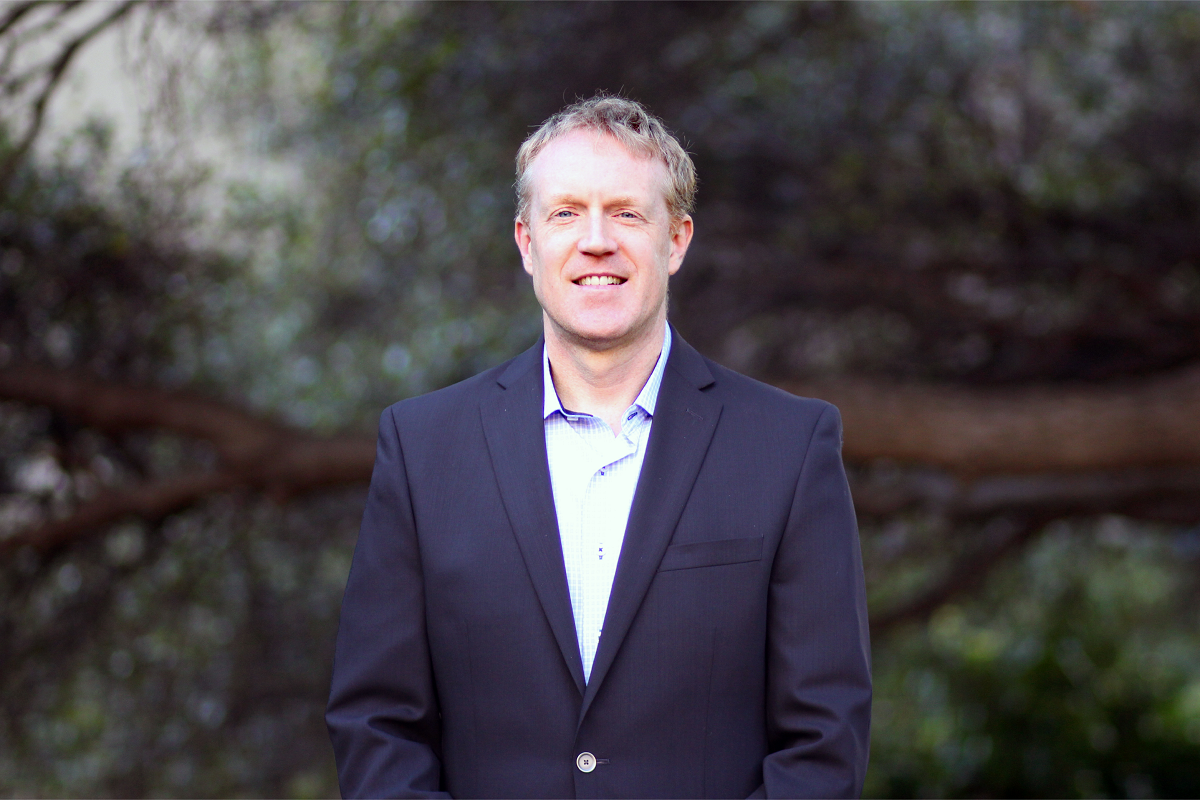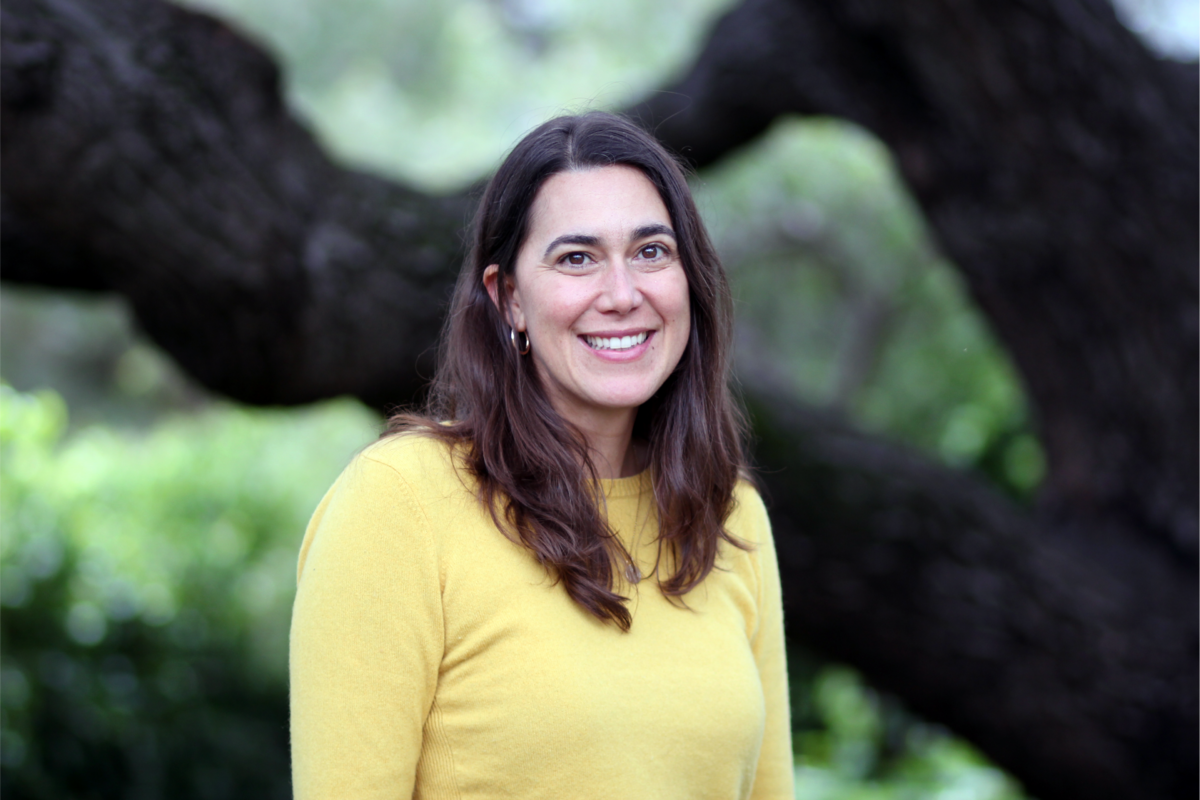Robert Fales isn't a data scientist. He only signed up for the data science-focused sociology class because he wanted to work with Professor David Harding, a leader in the social science field. But once Fales started using data science tools to analyze education inequality data, he knew he'd be using them to transition sociology from his major to his career.
“That class really opened the door for me to understand how we take sociology – all the journal articles we read in the area that we're interested in – and use that to work in the policy sector,” said Fales, a community college transfer student who graduated from UC Berkeley in May and now works as a research assistant at the nonprofit American Institutes for Research. “That class made it really digestible and really easy to connect the dots.”
Fales is one of about 1,100 students since 2017 to attend a data science and sociology connector or module at Berkeley, like Harding's Sociology 88. These efforts intend to show students how to harness data science tools to enhance the work within their own field.
Now, Harding and others are encouraging more sociology faculty to join in. They hope it will increase use of data science tools within the major, give students research experience and build bridges on campus.
“Everybody deserves a chance to learn these tools. Everyone needs data science at their job,” said Eric Van Dusen, the Data Science Undergraduate Studies (DSUS) program’s outreach and technology lead. His team supports faculty in creating these kinds of seminars. “If you teach it in sociology class with this applied social justice framework and somebody has a successful moment – If a few people are like, ‘Wow, I can do this. I can run that correlation myself.’ – we want to give those people that empowering experience.”
A Way to Get More Research Experience
These efforts started as a way to encourage students to use Jupyter Notebook and the Datahub web-based interactive computing platform free to anyone on campus, Van Dusen said. The connector courses, or two-unit seminars built around using this platform in a given major, would offer students familiar with data science a chance to apply the tools in an interdisciplinary way.
As these efforts grew, connector courses began to reach students, who were in other majors and would take a prerequisite introductory data science class to attend the connector. Soon, faculty members from majors across campus were incorporating the notebook into their non-data science courses, too. Faculty would use the notebook and data analysis, statistics or computing methods on a field-specific dataset in an assignment, a lecture or other part of class.
Members of the Sociology Department began using targeted data science infusions, or modules, in 2017 as part of Sociology 130AC. Professors assigned students to use the Jupyter Notebook to map and visualize socioeconomic and demographic variation across Berkeley and Oakland census tracts, according to slides from a recent presentation by Joanna Reed. Reed is a continuing lecturer in the Department of Sociology and one of the class’s instructors.
In 2019, sociology instructors developed another module with the support of a DSUS team in Sociology 5, a class where students reviewed “methodological problems in assessing data relating to social life.”
Harding, who is also a faculty director for Berkeley’s D-Lab, was one of the Sociology 5 professors. By 2020, he’d created the full 2-credit connector, Sociology 88, working with Van Dusen and a DSUS student team to design the course.
“This sociology class really tries to take the idea of data science and say, ‘What do we need to know in order to actually have an impact with data science in the world,’” Harding said. “Sociology, as an academic discipline, is a very empirical one. But the undergraduate experience of it as a sociology major is also often very conceptual. This is a way to get more of the research itself into these other sociology classes that are on particular topics.”
Harding hopes other sociology faculty will create their own modules or connectors. Students could use more opportunities to experience social science research in non-data science or connector courses during their undergraduate years, he said.
Van Dusen hopes more faculty incorporate modules into their classes, too. Learning data science techniques using the Jupyter Notebook gives students a skill that can translate directly to their post-collegiate job, since the tool is free and accessible even after they graduate, he said. It’s useful for research, policy work and for other jobs, too, he said.
Fales agrees. For Fales, the class didn’t just show him what he wanted to do with his major after college. It helped him get his current job. He placed his group project from Harding’s Sociology 88 class, which included a data analysis, policy brief and policy impact plan, on his resume. It helped “seal the deal” for him to move through early interview rounds, he said.
“The interviewer was like, ‘Oh, this is exactly the kind of work you would be doing here,’” Fales said. “The work I did in that class really helped set me up.”





